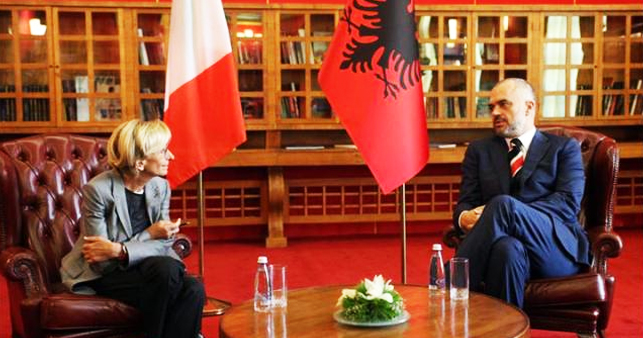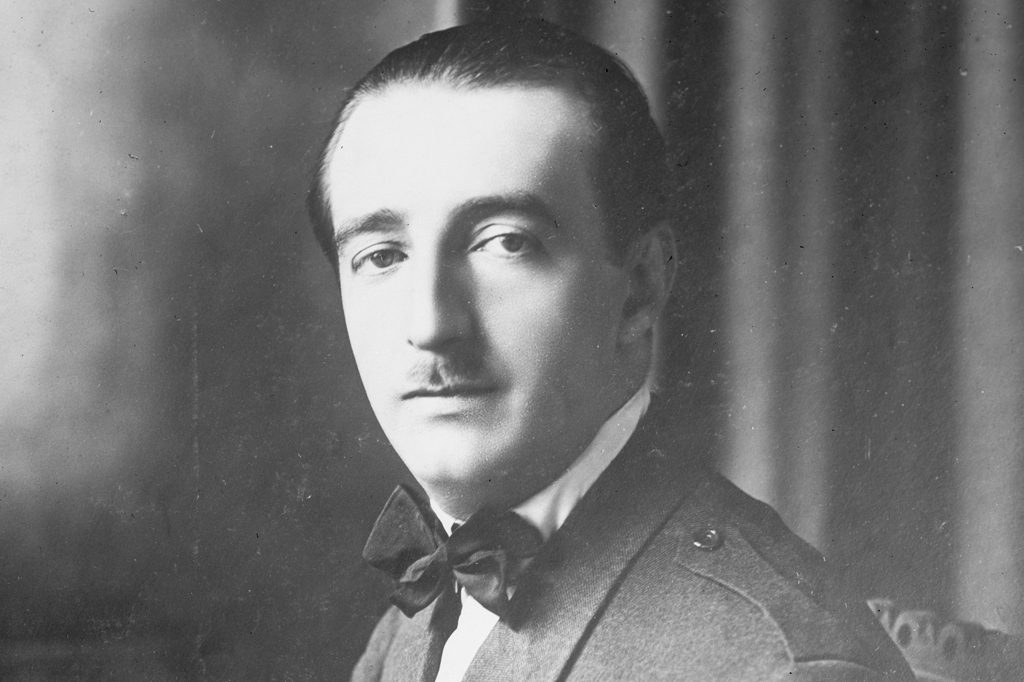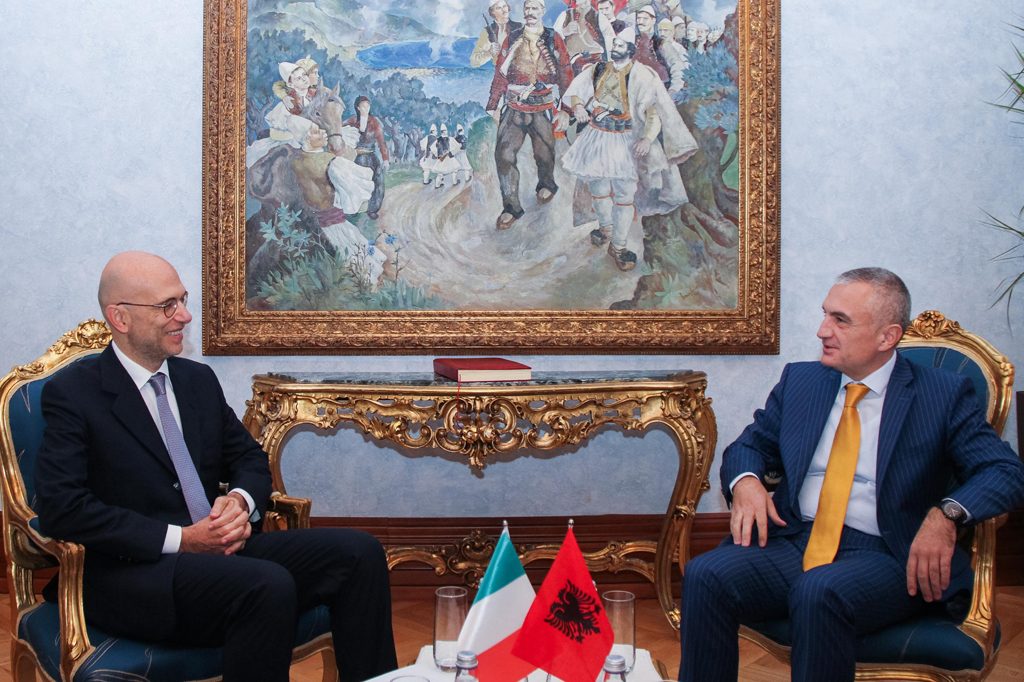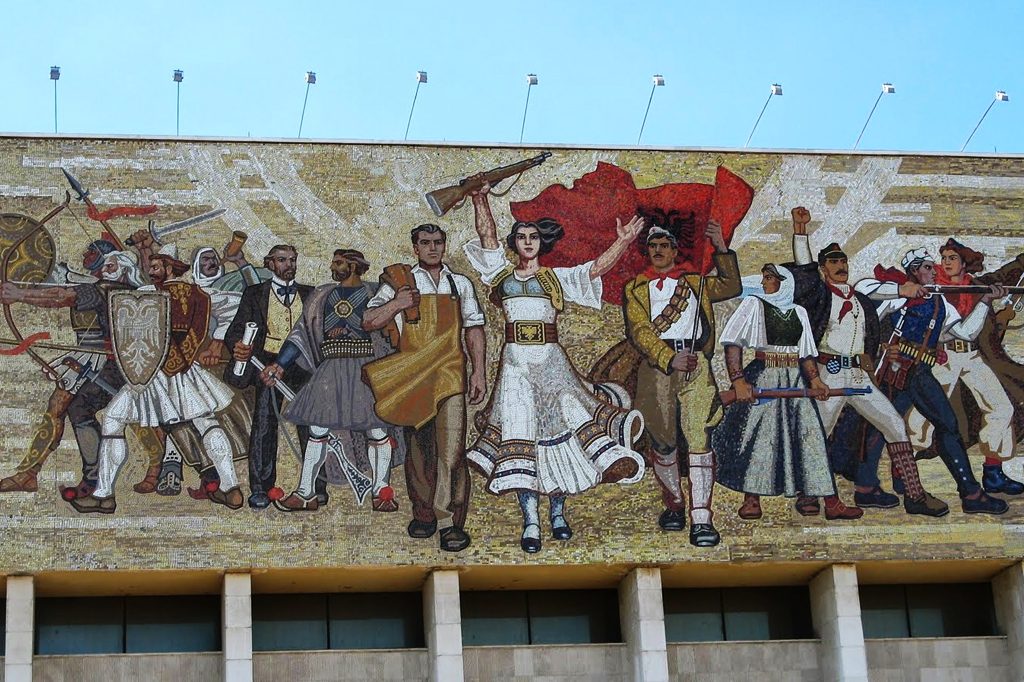Italy, the genetic and cultural inheritor of the great Roman Empire has had a deep and lasting influence on humanity both during its glory days and after the decline of the Empire. Albania on the other hand, a lesser known and a small country somewhere in the Balkans has been attached to Italy through the umbilical cord of history. Illyricum, as the Romans referred to Albania in their hay days, is still attached to Italy using history, economic interests and most important of all, sentiments of a common inherited culture.
With a history spanning more than two millennia, the relations between Italy and Albania are truly multidimensional in every sense and meaning and keep evolving seamlessly in various directions with the passage of time. Even the violent upheavals of the two world wars could not shake the strong edifices of culture, co-operation, history and sentiments that tied Albania and Italy. Therefore, there is a multifaceted relation between Italy and Albania which is very interesting on various fronts ranging from economic cooperation to cultural ties and a golden future age.





